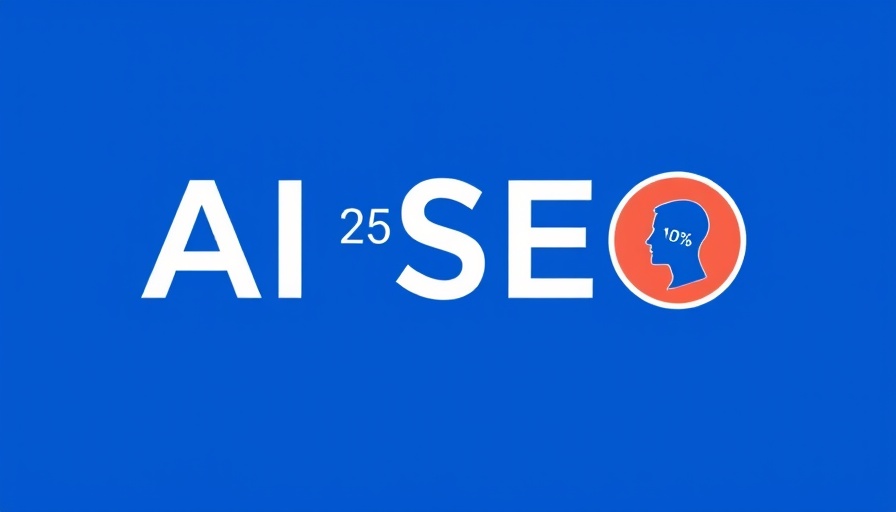
AI Overviews and Their Citation Patterns: A Deep Dive
Recent research by Ahrefs reveals a fascinating trend in the way AI-generated content is being prioritized in search engine results. When analyzing one million search engine results pages (SERPs) that featured AI overviews, the data suggests that these AI summaries are more likely to cite other AI-generated content than they are to reference traditional human-written sources.
The findings starkly illustrate a shift in the digital content landscape. According to the data collected, only 3.6% of pages cited in these AI overviews were categorized as “pure AI,” while 8.6% were labeled “pure human.” The majority—87.8%—were mixed, suggesting a blend of both AI and human contributions.
The Feedback Loop of AI Content
When broken down further, the mixed-content category provides even more insight. Among the citations, 11.2% exhibited minimal AI use, comprising just 1-10% of the total content. In contrast, a striking 71-99% AI dominance was found in 7.9% of cases. This points to an evolving feedback loop: Google’s AI-generated overviews increasingly cite their AI-generated counterparts.
Interestingly, these numbers starkly contrast with the analysis of 900,000 new pages, where only 2.5% were categorized as “pure AI,” and 25.8% as “pure human.” Here, the balance tips heavily towards traditional content. This suggests that the phenomenon is predominantly influenced by the current state of online content creation, where many creators now leverage AI tools for their writing.
What Does This Mean for Content Creators?
This emerging trend invites important questions regarding the over-reliance on AI content in the digital landscape. As more creators utilize AI technologies to generate content, it reflects a changing paradigm in how information is curated and consumed. With an astounding 74% of new web pages reportedly containing AI-generated content, the relationship between technology and creativity is shifting significantly.
However, AI content detectors, which are employed to evaluate this dynamic, operate with a degree of uncertainty. While they offer insights into the nature of the content, they are not infallible, and a false positive can often occur. This presents challenges in discerning what constitutes original versus AI-assisted content.
Looking Ahead: The Future of Content Creation
In navigating this evolving terrain, content creators must balance the efficiency of AI with the irreplaceable value of human touch in storytelling. As AI continues to drive a significant portion of content online, understanding its implications on digital marketing strategies becomes crucial.
Overall, the continued interplay between AI-generated and human-written content highlights the necessity for adaptive strategies in content creation. It emphasizes the importance of ensuring quality and authenticity, regardless of the medium used to convey information. As we move forward, striking a balance may very well define the future of digital content.
 Add Row
Add Row  Add
Add 




Write A Comment